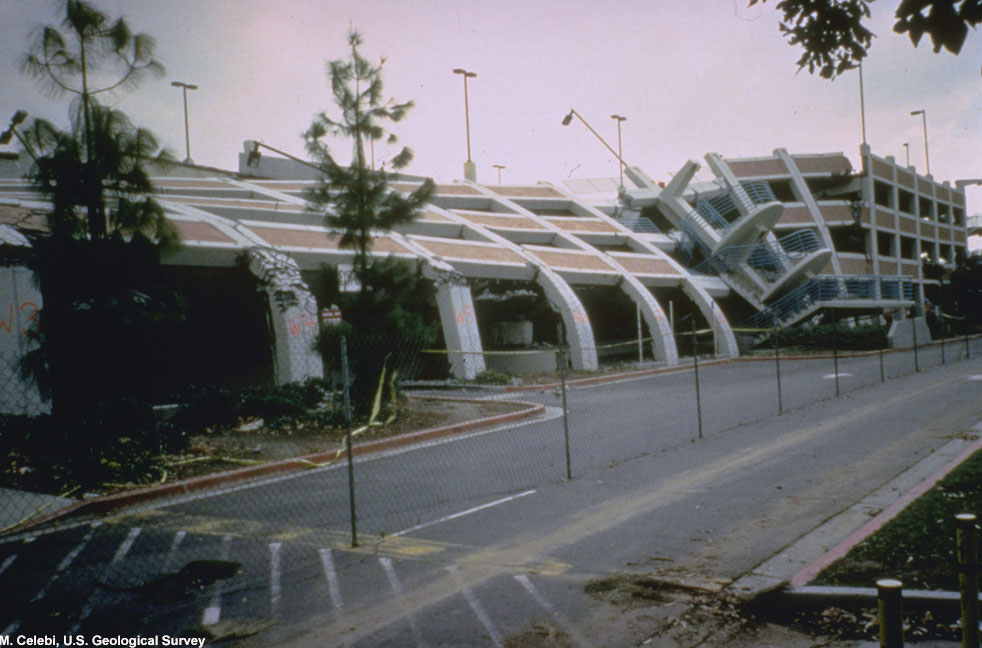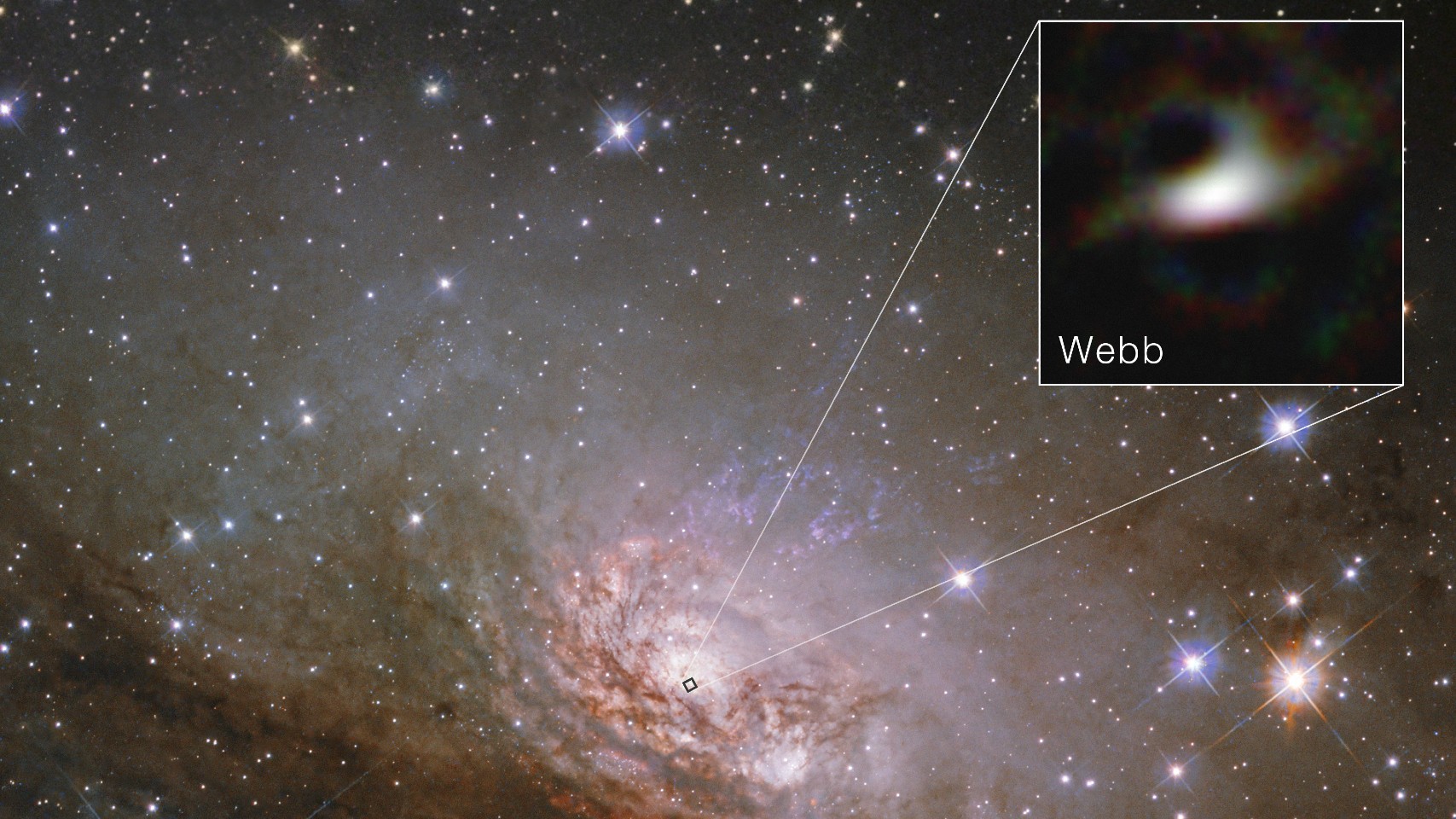Earthquake Predictions Remain Faulty at Best

When it was revealed this week that Italian scientist Gioacchino Giuliani had predicted the earthquake in Italy but that he'd been ridiculed and muzzled, the hooey hairs stood up on the back of my neck.
I've been hearing stories about people who can predict earthquakes, using various methods from serious seismology to precursor headaches to watching their dog act strange, for years. And the bottom line remains the same:
It is not yet possible. In fact, it won't be for a long, long time.
"It's a very humbling field to be in ... We cannot predict earthquakes," said Ross Stein, a geophysicist at the U.S. Geological Survey in Menlo Park, California, in a Reuters story today about the whole affair.
Giuliani based his prediction on emissions of radon gas. While others have looked into this, and there does seem to be a link between the emissions and earthquakes, there's no established predictive ability.
In short, there are two types of earthquake predictions that might ... repeat might ... work: One involves the sort of long-term projections based on historical quakes that project, for example, that a really big one will probably happen in the Los Angeles area sometime in the next few years or decades. Oh, San Francisco, too. But until those happen, we can't say even how accurate these predictions are.
The problem with long-term predictions is that while they can spur government and businesses and homeowners to make buildings and bridges safer, they don't tell you when to dive under your desk.
Get the world’s most fascinating discoveries delivered straight to your inbox.
Another type of forecast does, however. But you better be very close to your desk.
A team led by Richard Allen, a seismologist at the University of California, Berkeley, figured out that the initial shaking can predict the ultimate magnitude of a temblor. So, if there were some sort of automated warning system that rang bells in a school or called cell phones, there might be a few precious seconds during which the whole state — or at least the third or so at risk — could seek a safe spot. Wisely, Allen does not run around the streets of Berkeley telling everyone the Big One is coming.
Which brings us back to Giuliani. His prediction, widely hailed in the media initially, was wrong. He missed the location and he missed the timing, by several days. So if you followed Giuliani's advice and dove under your desk, you would have had to stay there a week or so before the building crumbled around you and you, presumably, emerged safely. Oh, wait ... you'd have been fine ... the quake struck somewhere else.
Don't say I didn't warn you.
- Video: How to Survive the Coming California Earthquake
Robert is an independent health and science journalist and writer based in Phoenix, Arizona. He is a former editor-in-chief of Live Science with over 20 years of experience as a reporter and editor. He has worked on websites such as Space.com and Tom's Guide, and is a contributor on Medium, covering how we age and how to optimize the mind and body through time. He has a journalism degree from Humboldt State University in California.
 Live Science Plus
Live Science Plus






